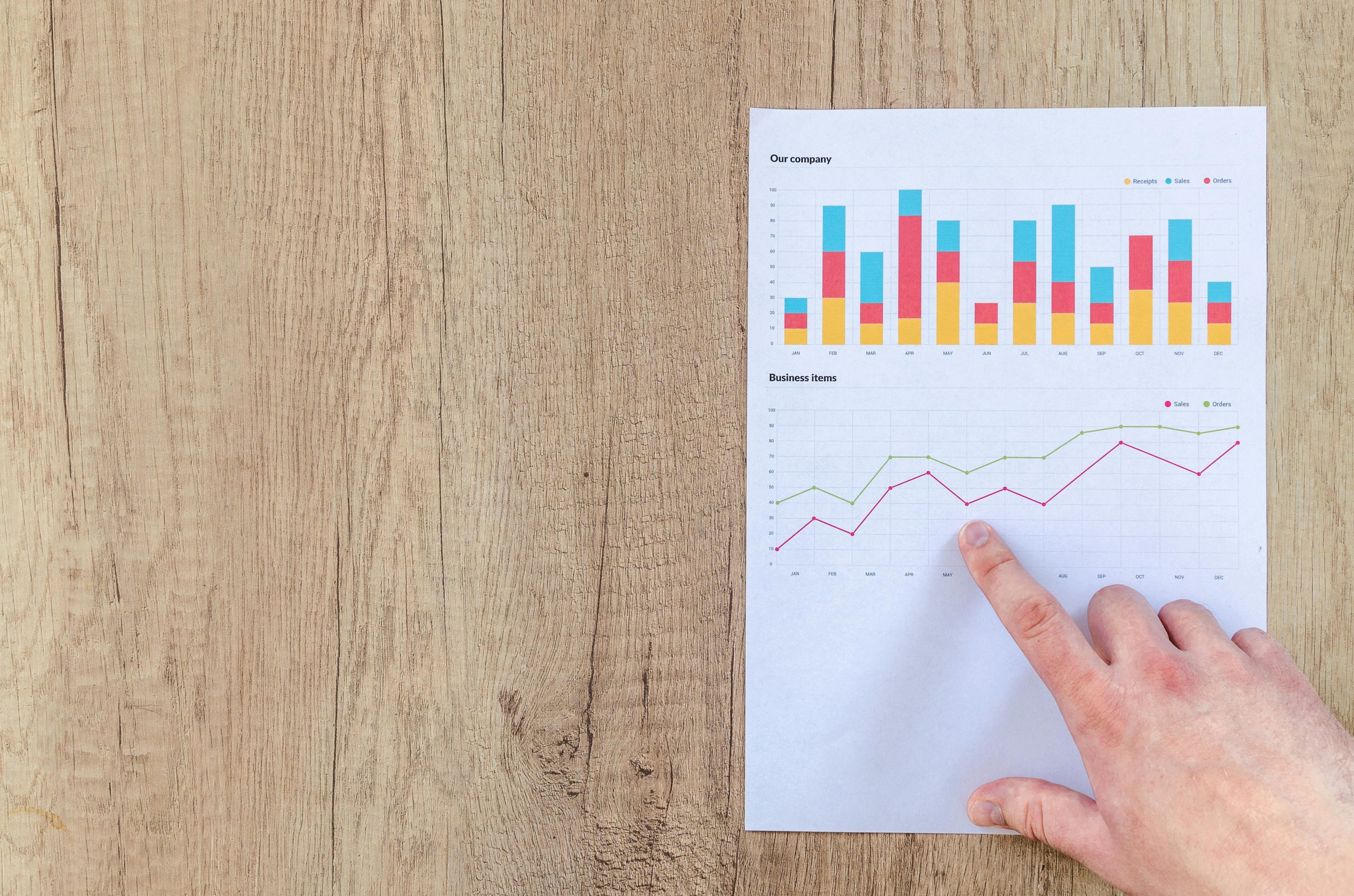Many Americans tend to allocate their tax refunds toward a variety of financial priorities, influenced by individual circumstances, economic conditions, and personal goals. Common uses for tax refunds include paying down debt, such as credit card balances or student loans, as many individuals prioritize reducing high-interest liabilities. Savings is another significant avenue, with recipients often contributing to emergency funds or retirement accounts to ensure long-term financial stability.
Some people choose to invest their refunds, whether by placing money into stock markets, mutual funds, or other investment vehicles, aiming to grow their wealth over time. For others, tax refunds provide an opportunity for necessary large purchases or home improvements that were previously deferred due to budget constraints.
Expenditure on discretionary items is also observed, as refunds temporarily boost disposable income. This might include vacations, electronics, clothing, or dining out, providing a chance to enjoy some of the comfort and leisure that a financial windfall can afford.
Lastly, individuals sometimes use tax refunds for educational expenses, such as tuition or courses that enhance skills, reflecting an investment in personal development or career advancement. Overall, the manner in which tax refunds are spent varies widely across households, reflecting diverse needs and aspirations.


